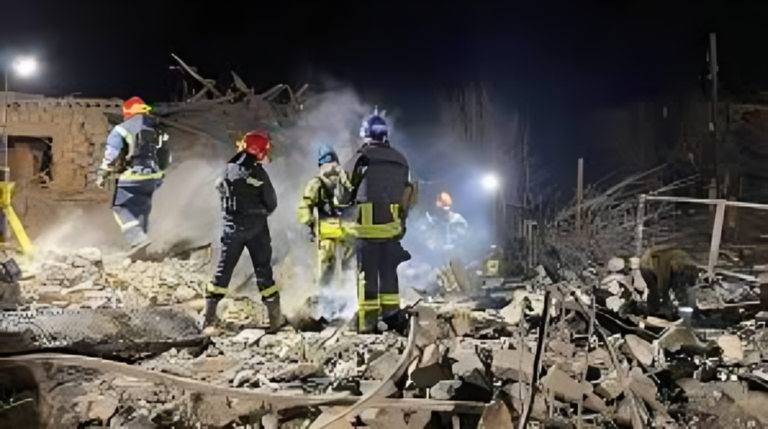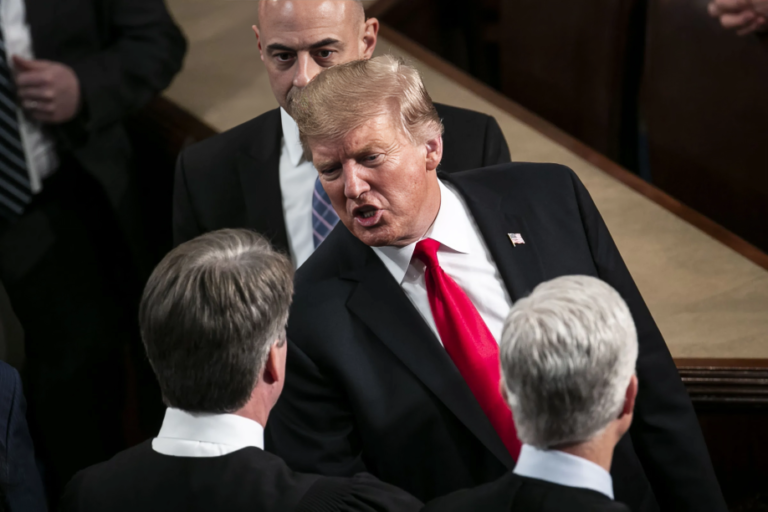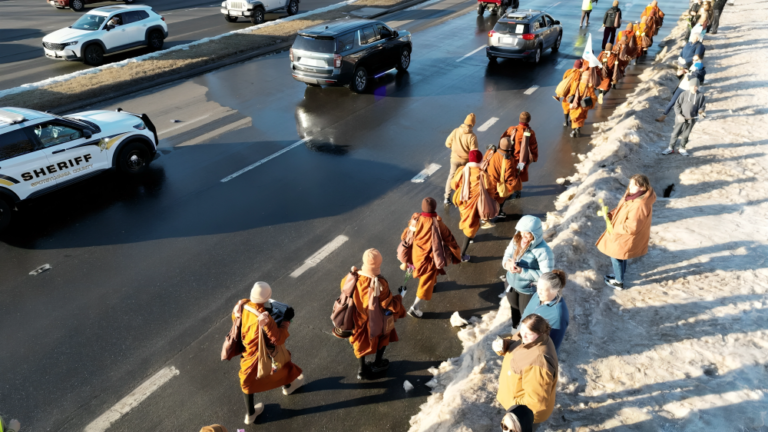On Thursday, all political parties expressed their support for passing a law to regulate the process of presidential clemencies. However, many parties, including the BNP, insisted that the draft law should be finalized and enacted by the next elected government.
The consensus came during a meeting with the National Consensus Commission at the Foreign Service Academy, where parties shared their views. Despite general agreement in principle, there was no agreement on the commission’s proposal to establish a six-member board, headed by the attorney general, to oversee the clemency process.
Currently, Article 49 of the Constitution grants presidents the authority to pardon convicted individuals, but there is no specific law governing how this power should be exercised. This legal gap has allowed successive regimes, including the current Awami League government, to misuse the constitutional authority.
The commission also discussed issues related to judicial independence. Some parties, including Jamaat-e-Islami and the NCP, suggested establishing permanent High Court benches in all eight divisional cities to improve access to justice. Conversely, BNP opposed this, advocating for only temporary benches to be set up once or twice a year outside Dhaka.
Other parties proposed establishing permanent benches in additional areas with good transportation links, aiming to expand judicial access across the country.












+ There are no comments
Add yours